Faculty and Staff
Our multidisciplinary program welcomes a wide variety of scholars and working professionals as instructors each semester. While most teach classes on campus, others lend their expertise to the Gastronomy program digitally, through blended and online courses. The following list includes instructors from recent and upcoming semesters.
Director
-
Megan Elias, PhD
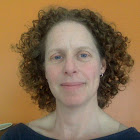
- Dr. Megan J. Elias is Associate Professor of the Practice and Director of the Gastronomy Program. Prior to coming to BU she was an associate professor and administrator at the City University of New York and most recently Director of Online Courses for the Gilder Lehrman Institute of American History. She earned her PhD in history at the City University of New York Graduate Center and has since published five books in food history. Her most recent book, Food on the Page: Cookbooks and American Culture (Penn Press, 2017) was featured in the New York Times. Elias has been the recipient of several grants for her work, including a grant from the National Endowment for the Humanities for her Foodways and Humanities project, which brought together culinary arts and history students to recreate and adapt historic foodways to the contemporary context.
Elias teaches Introduction to Gastronomy: Theory and Methodology (ML 701), Food and Gender (ML 706) History of Food (ML622) and Readings in Food History (ML633)
-
Karen Metheny, PhD
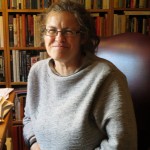
- Karen Metheny is Master Lecturer for the Gastronomy program and Visiting Researcher in the Department of Archaeology at Boston University. She is a historical archaeologist and anthropologist whose work with the material, documentary, and archaeological evidence of food and foodways serves as the basis for her work as a food studies scholar and instructor. Her interests include the intersection of food and food practices with social institutions and cultural beliefs in past and contemporary cultures, the role of foodways in identity formation, and the application of interdisciplinary approaches to food studies, including the use of food mapping and other visualization techniques to understand the importance of foodways in the social and cultural life of historical communities. She is co-editor with Mary Beaudry of the two-volume Archaeology of Food: An Encyclopedia (Rowman & Littlefield 2015), the first reference work devoted to the study of food and foodways through archaeology. She has presented her research to both professional and public audiences, including Plimoth Plantation, the Dublin Seminar for New England Folklife, the Jacques Pépin Lecture Series in Food Studies and Gastronomy, the Theoretical Archaeology Group, the Society for Historical Archaeology, and the Council for Northeast Historical Archaeology. Metheny received Metropolitan College’s Chadwick Fellowship in 2015-16 for her on-going, multi-disciplinary study of the cultural significance of maize in colonial New England. In this study, she explores material cultural, architectural, archaeological, ethnohistorical, and documentary evidence to understand not only how unfamiliar foods were and are accepted or rejected, but how food is central to the formation and maintenance of individual and group identities and is used to communicate and symbolize those identities.
Metheny teaches Introduction to Gastronomy: Theory and Methodology (ML 701), Anthropology of Food (ML 641), Food and the Senses (ML715), Archaeology of Food in Ancient Times (ML 611), Culture and Cuisine: New England (ML 638), Food and Society (ML 712), Cookbooks and History (ML630), and Food and Public History (ML623).
-
Potter Palmer, PhD

- Potter Palmer brings a unique mix of culinary, educational, media, and technological insight to his role as director of MET’s Programs in Food and Wine. Palmer began his culinary career by attending La Varenne Cooking School in Paris and working as the kitchen manager at Ma Cuisine Cooking School in Los Angeles, where he collaborated with luminary chefs Ken Frank and Wolfgang Puck.He went on to earn a master’s degree and doctorate in film and media studies at UCLA, before serving in leadership positions in academic and instructional technology at L.A.’s Occidental College. Switching coasts, Palmer resumed his culinary career by completing the Certificate in Culinary Arts and Master of Liberal Arts (MLA) in Gastronomy at BU’s Metropolitan College, before joining the MLA faculty as a Lecturer in Gastronomy.
Palmer teaches Food and Visual Culture (ML 671) and Food in Film (ML 673).
-
Alana Buckbee
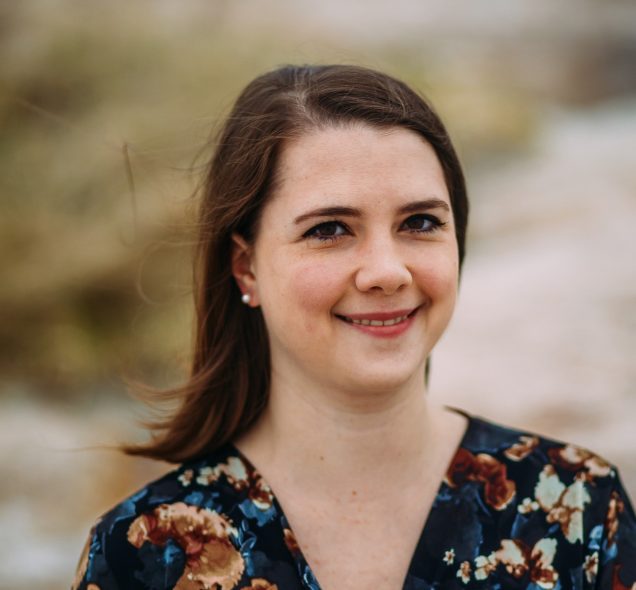
- Alana Buckbee is a marketing and branding leader with a passion for hospitality. From Ina Garten’s cookbooks to Sweetgreen’s loyalty campaigns, Alana develops cohesive, comprehensive, and consumer-centric strategies. She earned her MBA from MIT with a focus on restaurant organizational structures. Her consulting experience includes building the digital communications approach for a chocolate factory/hotel concept from the team at El Celler de Can Roca. Most recently, she introduced the world to the CPG snacks of the future at Chew Innovation lab. She is currently leading the strategy and marketing efforts at the boutique consultancy MK Global Hospitality Group.
Buckbee teaches Food Marketing (ML 565).
-
Corrine DaCosta
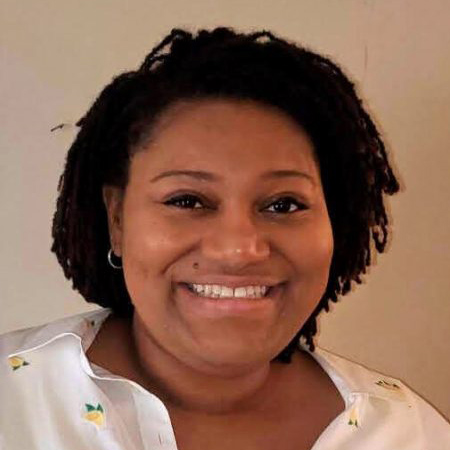
- Hospitality is her legacy, teaching is her purpose, and learning about food is her passion. When she was three years old she saw how food had the potential to bring people joy, and connection and been pursuing gastronomy goals ever since. Corrine is an alumna of the Culinary Institute of America with a Bachelors of Professional Studies in Food Service Management degree and Boston University receiving a Masters degree in Gastronomy and is currently teaching courses at both illustrious institutions. She is also a founder of Coffee Colored Concepts a culinary consulting firm focused on mindfulness, intersectionality in the food industry.
DaCosta teaches ML 629, Culture and Cuisine of the African Diaspora.
-
Netta Davis
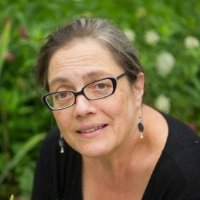
- Netta Davis is a Lecturer in Gastronomy. She holds a Master of Arts in American Studies from Boston University. Davis received the Award for Food Studies Pedagogy from the Association for the Study of Food and Society (ASFS) in 2011 and was appointed ASFS Fellow in 2016. Her research interests include utopian and alternative foodways, New England food history, and sensorial experience. Davis’s publications include “To Serve the ‘Other’: Chinese American Immigrants in the Restaurant Business” (Journal of Food and Society, 2002) and “The Ideal Way to Eat: How Utopian Foodways, Democratic Diners and Competing Perfections Came to the Party and Ruined My Appetite” (Appetite, 2011), and a contributed entry on “Alternative Foodways” in the edited volume Material Culture in America: Understanding Everyday Life (ABC-CLIO, 2008).
Davis teaches Wild and Foraged Foods (ML 625) and Culture and Cuisine: New England (ML 638) and Food and the Senses (ML 715).
-
Connor Fitzmaurice
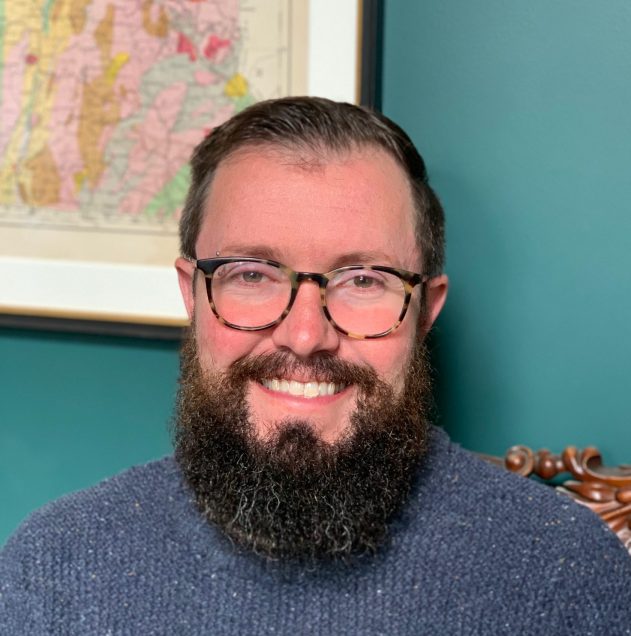
- Connor Fitzmaurice is a sociologist studying food at the intersection of markets and culture. He has published on the everyday economic practices of organic farmers in New England, the ways taste preferences prevent social connections and trades in a food bartering economy, and the ways critics reappraise disreputable wines. Linking these diverse cases is a concern for how value, broadly considered, shapes what we eat and drink—and why. Connor received his Ph.D. in Sociology from Boston University in 2019.
Fitzmaurice teaches ML 716, Sociology of Taste, and ML 712, Food and Society.
-
Sheryl Julian
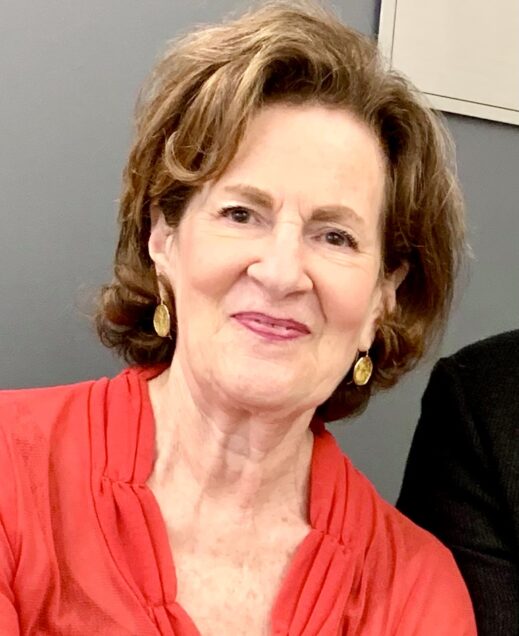
- Sheryl Julian is the former food editor of The Boston Globe. She trained at the Cordon Bleu schools in London and Paris and was deputy director of L’Ecole de Cuisine La Varenne in Paris, a bilingual cooking school. Her Boston Globe magazine food column, written with Julie Riven, ran for more than 20 years; they are coauthors of “The Way We Cook.” Julian is cofounder of The Women’s Culinary Guild of New England, the first organization in America for women in the food business, and a founding member of the Culinary Historians of Boston, a group dedicated to the history of the table. She writes feature stories, reviews restaurants, is a stylist for food photography.
Julian teaches ML 681, Food Writing for the Media.
-
Michael Leviton
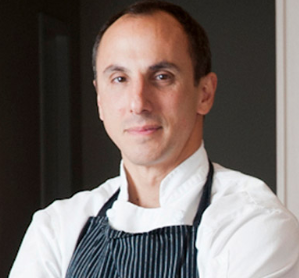
- Michael Leviton’s career pathway as a chef has been forged by a belief in sustainable change. After seventeen years at Lumière, eight James Beard Foundation Award nominations and honors from Food and Wine, Bon Appétit, Gourmet, and Saveur, he has stepped away from the day to day of the kitchen. As a founder of Region Foodworks and through his work with Marlo Marketing, Michael is now expanding his reach by focusing his time and talent on projects and partnerships that demonstrate the promise of broadening food systems sustainability. He is long-time member, and former Board Chair of the Chefs Collaborative, as well as a member of the Chefs Action Network, an Impact Program of the James Beard Foundation. Having attended two Chefs Boot Camps for Policy and Change, Michael continues to build on his advocacy for a sustainable future. A longtime advocate for sustainable seafood and fisheries, Leviton is also on the Monterey Bay Aquarium’s Seafood Watch Blue Ribbon Task Force.
Leviton teaches Special Topic: Sustainability (ML 702).
-
Ellen Messer, PhD
- Ellen Messer is an anthropologist and culinary historian with an extensive background in food policy and food justice issues. Her research interests encompass cross-cultural perspectives on human right to food; biocultural determinants of food and nutrition intake; sustainable food systems (with special emphasis on the roles of NGOs); and the cultural history of nutrition, agriculture, and food science, including the impacts of biotechnology on hunger. She has authored and co-authored several books on food policy, including Who’s Hungry? And How Do We Know? Food Shortage, Poverty and Deprivation (United Nations Free Press, 1998). Previously she was Director of the World Hunger Program at Brown University and a Fellow of the Woodrow Wilson International Center for Scholars. Messer is a Lecturer in Gastronomy at Boston University and has current faculty affiliations at the Tufts University’s Friedman School of Nutrition Science and Policy and at Brandeis University’s Department of Anthropology.
Messer teaches Food Policy and Food Systems (ML 720), U.S. Food Policy and Culture (ML 721), and Food Values: Local to Global Food Policy, Practice, and Performance (ML 719).
-
Merry White, PhD
- Merry White is Professor of Anthropology at Boston University, with specialties in Japanese studies, food, and travel. A caterer prior to entering graduate school, she has written two cookbooks, one of which—first published in the mid-1970s—was recently reissued by Princeton University Press. Following publication of her book, Coffee Life in Japan, by the University of California Press (2012), she received the prestigious John E. Thayer Award from the Japan Society for “For Significant Contribution to the Advancement of Understanding Between Japan and the United States of America.” White recently contributed an essay on “Café Society in Japan: Global Coffee and Urban Space” to the edited volume, Assembling Japan: Modernity, Technology and Global Culture (2015). Her current research project, also based in Japan, investigates the many meanings of “work” in food, from domestic to artisanal to industrial. A World History of Food, Oxford University Press, co-authored with Benjamin Wurgaft, is scheduled for publication in 2017.
White teaches Food, Culture, and Society (AN 308/708) and has taught Culture and Cuisine: Asia (ML 634) and Culture and Cuisine: France (ML 631).
-
José Lopez Ganem
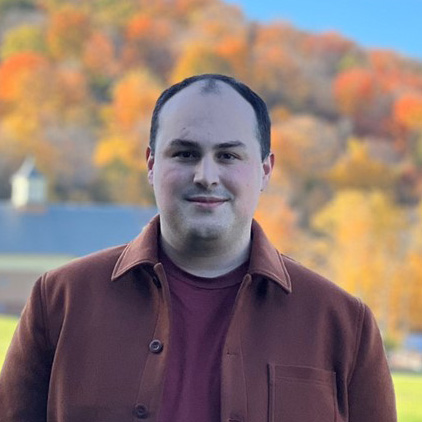
- José Lopez Ganem is an academic working cacao and chocolate conducting interdisciplinary research drawing on the fields of history, government, management, ethics, religion, and trade. Currently, José is also a nonprofit professional, currently serving as the Innovation and Outreach Director at the Fine Cacao and Chocolate Institute (FCCI). He has previously worked in nonprofits tackling issues of agricultural land access, sectorial coordination, commerce, and trade, in the Americas. He graduated magna cum laude from the Culinary Institute of America (CIA) in 2018 with a B.B.A. in Food Business Management and from Boston University’s Metropolitan College in 2022 with a M.A. in Gastronomy and Food Studies.
Lopez Ganem currently teaches ML 610 LatinX Experiences of Farming, Cooking, and Eating in the United States, among other elective courses.
-
Steve Kurland
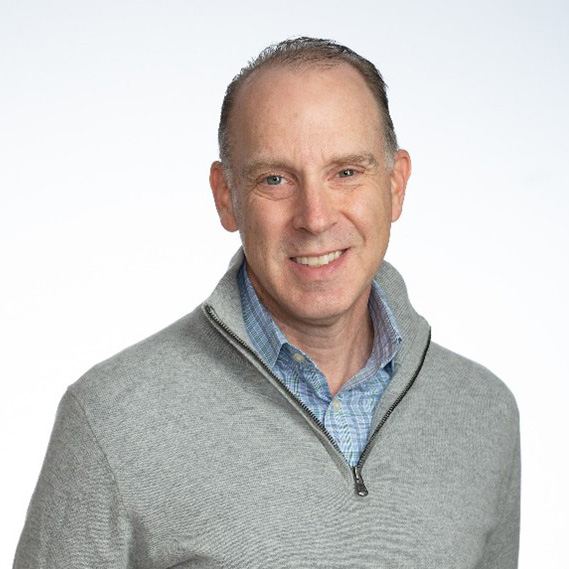
- Steve Kurland is a Partner and General Manager at Za and EVOO restaurants. He completed his master’s degree in 2023 at Boston University’s School of Hospitality Administration. While at SHA, Steve and two partners started Aiding Generations, a nonprofit company designed to find underserved teens careers in the rapidly growing and understaffed senior living industry; Aiding Generations continues to grow and has made substantial progress including a $10,000 prize from The Poyiadjis Innovation Competition. Steve started teaching at Boston University’s Metropolitan College in September of 2023.
Kurland teaches ML 655 (Starting a Food Business).
-
Mary Beaudry, PhD
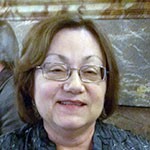
- A founding member of the Gastronomy faculty, Mary Beaudry served as Professor of Archaeology, Anthropology, and Gastronomy at Boston University. She was a historical archaeologist whose research focused on gastronomical archaeology, an approach that brought together multiple, converging lines of evidence to examine relationships among food, culture, and the dining experience. Her approach drew together streams of thought in archaeology, anthropology, material culture studies, and decorative arts, and allows archaeologists to move beyond discussions of food and foodstuffs to explore menus, meals, and dining. In 2015-16, Beaudry received fellowships from the Boston University Center for the Humanities and the Winterthur Museum to conduct research for her forthcoming book, Gastronomical Archaeology: Food, Materiality, and the Aesthetics of Dining.
A symposium in Dr. Beaudry’s honor is planned for April, 2022.
